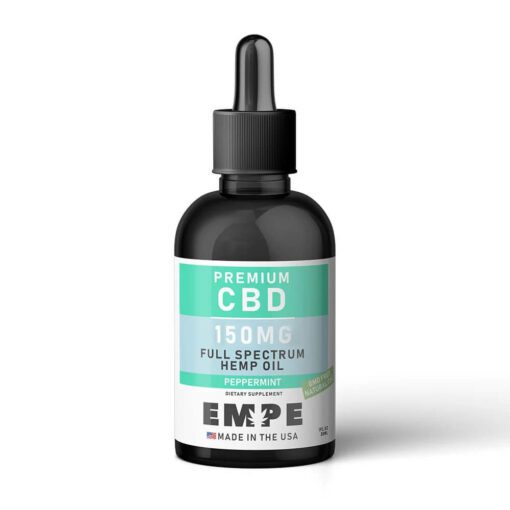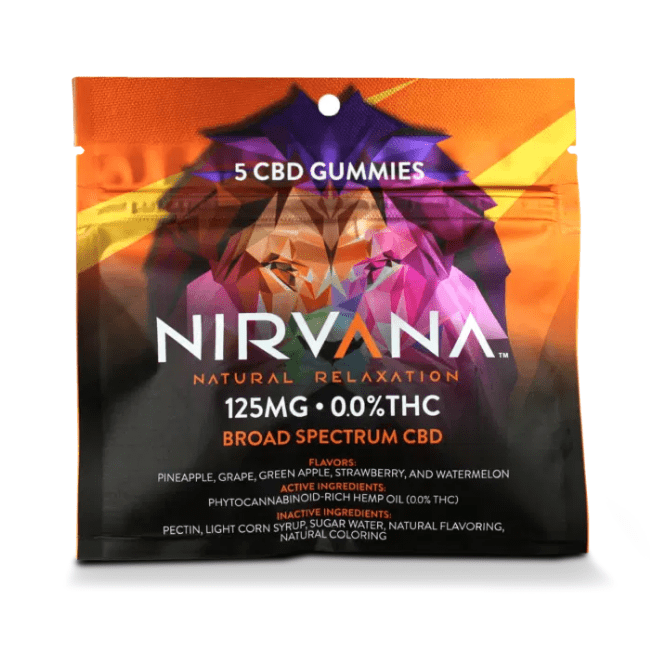20 Things You Need To Know About CBD USA Legal
페이지 정보
작성자 Marko Cunniff 작성일24-02-25 20:07 조회22회 댓글0건본문
 Is CBD Legal in Your State?
Is CBD Legal in Your State? The laws of each state vary slightly in regards to CBD. If the CBD content of the product you purchase is less than 0.3 percent it is likely to be legal in your state.
The laws of each state vary slightly in regards to CBD. If the CBD content of the product you purchase is less than 0.3 percent it is likely to be legal in your state.But how do you know whether it's legal? It's a complicated issue There are many ways to figure it out.
Legality of CBD in the United States
The legality of CBD in the United States can be complicated. State laws can be in clash with federal regulations. This is the reason it's essential to know the laws in your state as well as any place you plan on traveling to before deciding whether or not to purchase CBD products.
CBD derived from hemp is legal in many states as provided that it has less tetrahydrocannabinol (THC) more than 0.3 percent. Hemp-derived CBD is still illegal in Idaho and Nebraska as they haven't removed hemp from the state's controlled substance laws.
Despite the legality and legality of CBD-derived hemp products, some retailers could still be in the crosshairs of enforcement actions when they fail to conform with state laws governing their sales and marketing. For instance, Louisiana, Texas and Iowa require retailers to register or obtain a handler's licence to legally sell hemp-based products that are consumable in those states.
In addition to compliance with state laws, companies selling CBD-based products must also ensure that their products are advertised according to the FDCA (do not make untrue claims of drugs or unsubstantiated claims) and that their products are substantiated by FDA's Generally Recognized as Safe (GRAS) or New Dietary Ingredient (NDI) requirements. NDIs are substances that are not currently recognized by the FDA as a drug, but have been proven to be safe and effective in food supplements or dietary supplements.
Because CBD is made from cannabis plants CBD can cause negative side effects for certain people. This is the reason it's crucial to consult with your doctor prior to taking CBD.
The most frequent side effects associated with CBD include nausea and anxiety. These side effects can be especially common in children as well as pregnant women.
Additionally, CBD can interact with prescription medicines and certain kinds of blood thinners and sedatives. CBD may increase your risk of developing seizures. It is important to consult your physician prior to beginning using CBD particularly if any medication is being taken.
Many states are taking measures to protect consumers as the CBD industry grows. This is especially true for people who purchase CBD-based products from online. Some states have instituted strict registration and licensing requirements for both brick-and-mortar and online retailers that can be costly and time-consuming.
Legality of CBD in Colorado
Colorado is among the states that has made the most progress regarding cannabis legalization. It's an excellent place for anyone who wants to learn more about CBD legalization. There are a variety of legal shops in Colorado where you can purchase CBD products. These include vape shops, head shops and wellness centers and also online retailers.
The first thing to know is that CBD is considered legal in Colorado in the event that it is derived from hemp plants that have less than 0.3 percent THC. This makes it simple to buy CBD in the state, as you won't have to worry about breaking any local laws or regulations.
The Farm Bill of 2018 also removed industrial hemp from the list of prohibited substances. This means that you can legally buy and possess industrial hemp-derived goods, including CBD oil.
There are also restrictions regarding how CBD can be used in the state of Colorado. For instance, you can't use CBD for medical reasons if you are under 21, and you cannot buy CBD oil containing more than 0.3 percent THC.
A prescription is required to legally sell CBD. cbd shop near to me is not allowed in dietary or food supplements. CBD cannot also be employed to make medicine.
The majority of CBD products are readily available to consumers. This means that you'll get all the information you need on the label. This includes the amount of CBD which is contained, any health claims made about the product and a third-party lab report.
This is the reason why it's vital to be sure to read the label thoroughly prior to purchasing the CBD product. Many brands also offer various other information on their website, to help you make an informed decision on whether or not a particular CBD product is suitable for you.
You can get high-quality CBD products from highly-respected brands if you're searching for the best in Colorado. Some of these brands even offer free samples to test before you buy a full-sized bottle.
Legality of CBD in California
It isn't known if California has legalized CBD. While the federal government has passed a range of laws that allow the production and sale of CBD products, it's not clear whether these laws are applicable to the state of California.
California has recently signed AB 45. This bill is meant to end the state's dispute with Food and Drug Administration over the use of CBD in food and dietary supplements. The bill allows hemp extracts that do not cause intoxication and contain less than 0.3% THC to be added to a variety of food and dietary supplements products but it also demands that these products be examined by an independent laboratory.
Although the law is believed to be a win for CBD and cannabis CBD interest groups alike However, it's an extremely complex piece legislation that raises questions regarding how it will affect consumers, producers, and brands in this rapidly expanding industry. Employers should keep an eye on California's fast-changing legal landscape regarding hemp and CBD products.
Apart from AB 45, there are many other regulations that the state has put in place that will impact CBD and hemp producers. These regulations cover registration and licensing requirements, as along with a variety of other rules that are applicable to the industry.
If you plan to manufacture hemp products that are inhalable, for instance, you'll need a license from Department of Public Health. The same goes for smokable and edible hemp products.
You must be at least 21 years old age to purchase CBD in California. If, however, you are a minor, you'll need the consent of your legal guardian or parent and a doctor's approval to get a medical card.
As a result, it is essential to talk to a knowledgeable lawyer who can assist you in understanding the laws and regulations that pertain to hemp and CBD products in the state of California. The lawyer can provide all the information you require and assist you in ensuring that your business doesn't violate any local laws.
Legality of CBD in Oregon
Oregon has legalized CBD, a derivative from the cannabis plant. It is legal to purchase CBD products in Oregon, which is different from other states. You can also buy them over-the-counter at local dispensaries, or online.
The laws regarding CBD in Oregon are quite clear and have been in effect since 2014, when the state has legalized both recreational and medical marijuana. A large market has developed in Oregon as a result of the state's relaxed regulations for hemp production. This has made it a favored area for companies to manufacture CBD products.
CBD oil extracted from hemp does NOT contain THC and doesn't cause the sensation of a high. It is legal to buy at specialty shops, vape shops, health and wellness centers and a myriad of online retailers in Oregon.
However, if you want to use hemp flower smokable or CBD vapes you must be at least 21 years old. This is because smokable products contain more THC than edibles, meaning they are considered to be adult-use drugs and therefore are illegal to sell to those who are not 21 years old.
You can also purchase non-smokable shop cbd now-infused products like concentrates, oils, tinctures, and topicals. These products are safe, but may cause stomach discomfort or nausea.
When looking for CBD products in Oregon Be sure to read the labels carefully and look for a company that uses hemp that is organically grown on local farms. This ensures that CBD oils are free from pesticides and other harmful chemicals.
Another important thing to remember when looking for CBD in Oregon is that the products must be examined by a licensed lab and meet strict quality standards. This is to protect the public against sub-par products that are unsafe or make unsubstantiated claims.
In addition, you should be sure to select in addition to that, you must select a CBD product that does not contain more than 0.5 mg of THC. The OLCC regulates both recreational and medicinal marijuana.
Oregon has been a leader in the legalization of hemp and marijuana for more than two decades and is one of the most progressive states in the country. Despite its long-standing relationship with cannabis, the state is yet to fully embrace the CBD and shop cbd Now hemp markets. This could change as long as the federal government continues changing its position on these forms of cannabis.
댓글목록
등록된 댓글이 없습니다.
 즐겨찾기 추가하기
즐겨찾기 추가하기





 관유정 커뮤니티
관유정 커뮤니티